Some of the Top Things Readers Bought in February 2020…
This post may contain affiliate links and Corporette® may earn commissions for purchases made through links in this post. As an Amazon Associate, I earn from qualifying purchases.

After a ton of reader requests, we’ve started rounding up some of the top things readers have bought recently — so here are some of the most-purchased items from February 2020! See the whole series here. We’ve tried to note in the text where an item is in our Workwear Hall of Fame, as well as when it’s on sale!
This post contains affiliate links and Corporette® may earn commissions for purchases made through links in this post. For more details see here. Thank you so much for your support!
Pictured above, clockwise: sweater blazer (5 colors!) / pink merino sweater (TONS of colors) / cap sleeve blouse / teal blazer / loafer (TONS of colors) / tote bag
Blazers, Cardigans and Other Work Jackets Bought in February 2020

Deserve It Jacket (regular & petite — and now 40% off!)

Notch Collar Cotton Blend Blazer (regular & petite)


Open-Front Sweater Blazer (see our recent roundup of all the best sweater blazers for the office and beyond)
Sweater Blazer – Merino (regular, petite, plus, plus-size petites)
Bottoms for Work Bought in February 2020
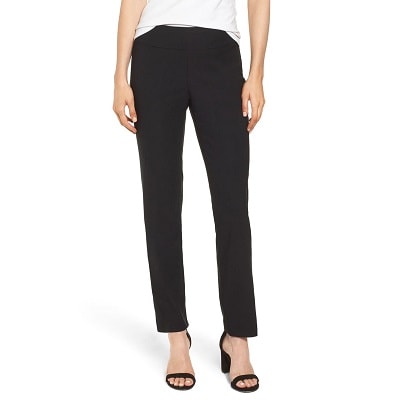
Wonderstretch Straight Leg Pants (regular & petite)
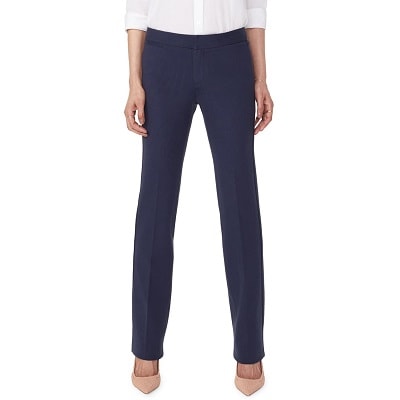
Stretch Knit Trousers (regular & petite — and a reader-favorite Hall of Famer!)
Betabrand Dress Pants Yoga (featured in our recent roundup on comfortable pants and leggings you can actually wear to work)

The Perfect Black Pant – Back Seam Skinny Pants (regular & plus)
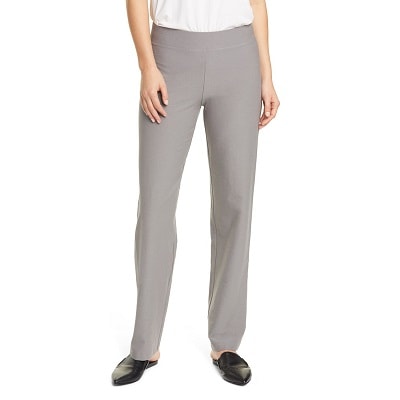
Straight Leg Crepe Pants (regular & petite — and now 40% off!)
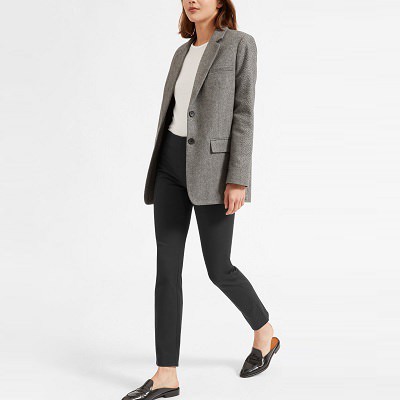
Everlane's Work Pants
Seraphine Maternity Pants (this has been a reader favorite for months! [Congratulations to all the pregnant mamas!] See our full roundup of the best maternity pants for the office!)
Tops for Work Bought in February 2020

Cap Sleeve Blouse (regular & petite — and some colors now on sale!)

Scoop Neck Woven Shell (some colors now 33% off!)


Long Sleeve Modal Blend Tee (some colors on sale)
Dresses for Work Bought in February 2020
Donna Morgan Stretch Crepe Dress (tons of colors and sizes under $40!)

Decka Stretch Jacquard Sheath Dress (regular & petite — and now 60% off!)
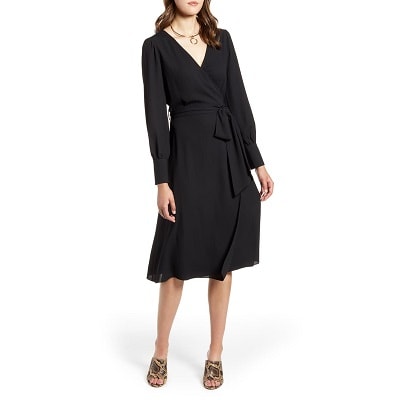
Long Sleeve-Wrap Midi Dress (regular & petite — and some colors now 33% off!)
Accessories for Work Bought in February 2020
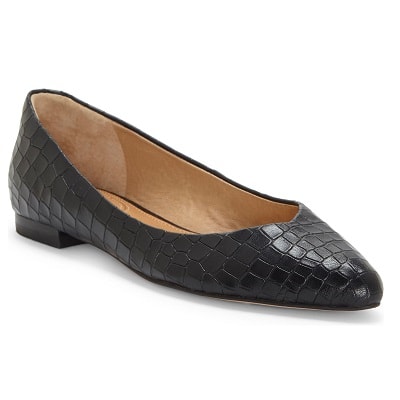
Corso Como Jullia Flat (some colors now 25–50% off!)
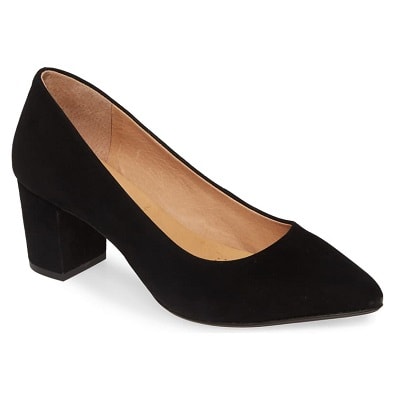
Ryanna Pump (some colors now 30–40% off!)
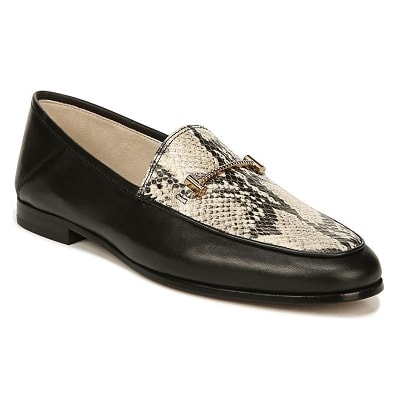
Lior Loafer (some colors now 30–40% off!)
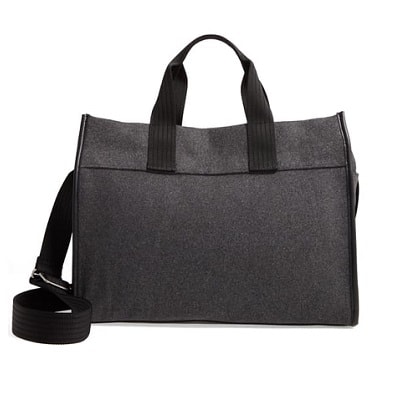
Leo Felt Tote (now 40% off!)
Lingerie for Work Bought in February 2020
Clothes for Work From Home, Casual Offices and the Weekend Bought in Februry 2020
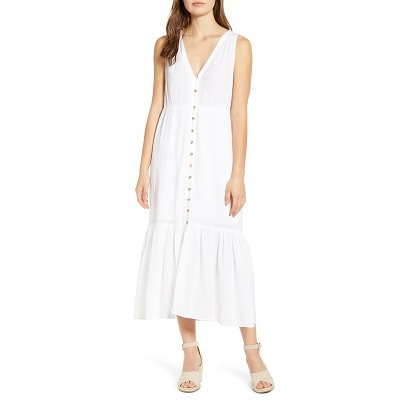
Baby Bootcut Corduroy Jeans (regular & petite)

Ab-Solution Itty Bitty Bootcut Jeans (regular, petite and plus sizes)
Lounge & Other
Pillow Talk Original Matte Revolution Lipstick




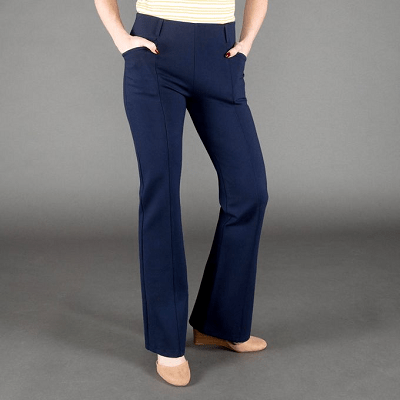
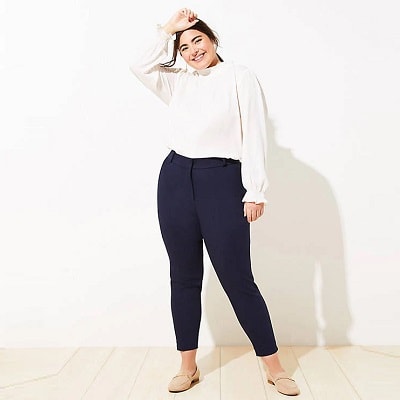
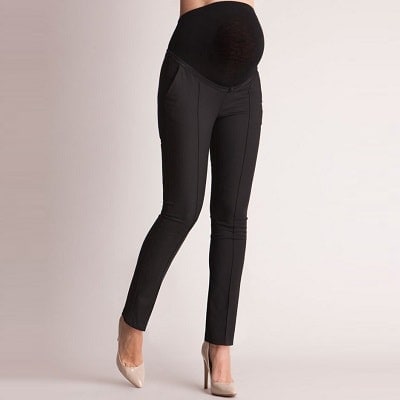
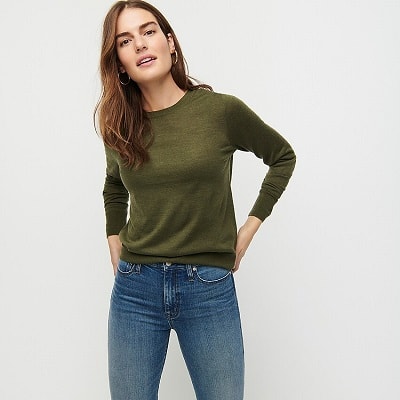


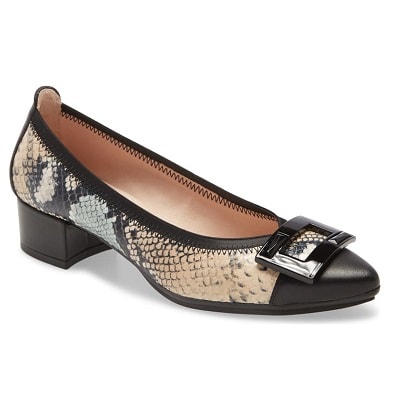
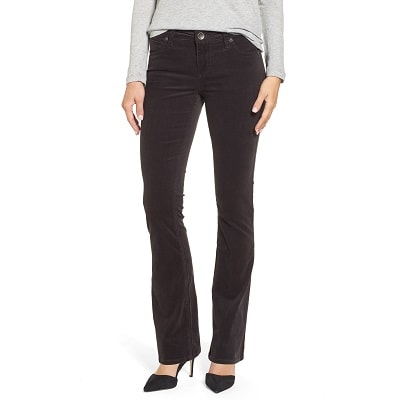
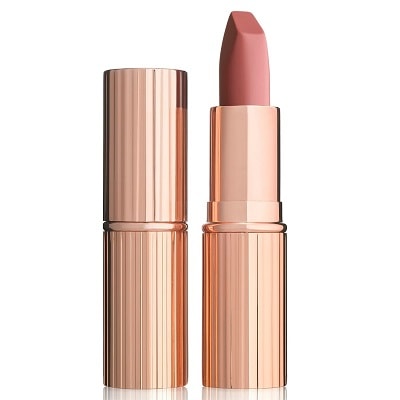
No — that’s the right answer, right?
Sadly, no hair cut. That’s pretty close contact. (I know it feels essential, but it’s not.) Act as if you had the virus. Stay home.
I feel the pain though. I had an appointment that would have been Sunday. I can’t stand this horrible ratty ponytail a day longer but I will.
Right.
Definitely not. That’s the very definition of “non-essential.”
I’ve seen a meme which says something like “We’re only a few weeks away from knowing everyone’s natural hair color.”
lol!
Salons routinely practice the hygiene being recommended to address Covid-19. Barbicide is effective against the virus. If you are talking about a small salon (my colorist has a solo stall), I don’t see why not. When I went to salons on Friday and Saturday, there was someone there constantly cleaning every touch surface. Constantly. And I came into direct contact with exactly three people in two visits — my colorist, my cutter, and the cashier.
You, your colorist, your cutter, and your cashier could carry the virus and not know.
Wanted to share a really informative FB post from a homeschooling pioneer, Michael Farris. Political views aside, I think these are strong recommendations if you find yourself at home with your kids. I was homeschooled (currently in my mid-20s) and every single thing below was a consistent part of my upbringing. I’ve condensed his suggestions, with some of my own notes added! I hope this is helpful…his children are incredibly successful (two are PhDs in biomedicine and nuclear physics). I am not in either of those fields, but I’m not too shabby myself. :)
1. Have your kids read aloud to you.
For little kids, this is by far the most important thing you can do. Forget the nonsense modern methods. Teach them phonics.
2. Read aloud to your children.
Pick great books. Pick things your children understand, but may be a bit above their reading level.
(OP Note: My parents let us pick out whatever we wanted from the library, and would leave us with a dictionary to figure it out. For me, that was the classics – Jane Austen, Bronte, etc.)
3. Make sure your children can add, subtract, multiply, and divide by themselves. No calculators. Old fashioned math.
4. Do math time tests. When you know math well enough to do it fast, you know math.
(OP Note: I HATED doing these drills when I was younger, but man oh man have they come in handy)
5. Work on spelling. Find lists of commonly misspelled words and learn how to spell them. Start with the difference between lose and loose.
(OP Note: My mom had us transcribe long passages from Encyclopedia Britannica or more complicated literature. This helped our spelling, but also expanded our vocabulary tremendously! My youngest sibling is 5 – quite an age gap – and he used the word ‘miscellaneous’ properly in regular conversation the other day lol. It works!)
6. Teach them proper pluralization, specifically that you do not use apostrophes to make a word plural in the vast majority of cases. Have them write lists of words and pluralize them.
7. Expand their vocabulary by compiling lists of words from the books you read with them.
(OP Note: My mom would have us learn a certain number of words each day and use them in various contexts, written and oral.)
8. Have them read great books from the following time periods: Before 1800, 1800-1900, 1900-1950, 1950-present.
(OP Note: This is actually how I learned history! In addition to a structured history curriculum, we had to read books from the time period we were studying, and from Western and Eastern authors. I am the daughter of Indian immigrants, so we had quite a bit of Indian literature.)
9. Write book reports. Short summary of the book, lessons the author was trying to teach, and what you learned beyond the facts.
(OP Note: Before I was homeschooled, I was part of the NYC public school system and then private school. My parents always supplemented my education by having me read a book throughout the week and write a short report, create a drawing/presentation, etc. on the weekends. I actually didn’t hate it!)
10. Learn to do critical analysis. Find a news article or opinion piece. Find an article expressing the opposite view. Ask: who understood the facts more accurately? And: whose arguments were more persuasive?
(OP Note: Also had to do this, and as a result, can never read a news article and accept it at face-value. This is also why I have a patchwork political ideology…I come to different conclusions about everything, based on extensive research. No one has it right!)
11. Work on geography. For US geography: learn states, state capitals, populations, major cities, rivers, and mountains. For world geography: By continent, learn countries and capitals, populations, major industries/products, religious groups, languages, and types of government.
12. Have your child write a first-person history of this crisis. Impact on them, family, community, local business, Nation.
I know it’s a lot, but thought it would be worth transcribing for anyone who is at a loss and wants to attempt creating some semblance of a regular school day, or just wants to supplement in a meaningful way. Good luck!
What about preschoolers who can’t read or do math yet? We read to her but everything quickly goes into let’s play dress up or let’s build a tent mode and we don’t know any better than to say, uh, OK, sure, at least you have some ideas.
That’s what preschoolers are supposed to do! Teaching them to entertain themselves and build a tent or dress up without you doing it with her is lesson enough (probably for both them and you!)
Maybe try to steer her toward crayons and paper to draw if writing/hand strength is something you want to work on.
Hahahaha totally get that! Maybe you can encourage her to dress up like a historical figure (Amelia Earheart, Queen Elizabeth, etc.)? And maybe build the tent and turn it into a fun nook to do stuff in?
Totally spitballing here…preschoolers are tough!
Cooking is math
Especially if you can teach them “now cut this recipe in half. What would you do with the measurements?”
Learning through play is also very important for this age – it’s OK to let little ones go down creative rabbit holes!
Sigh. No not helpful.
Why did you say this wasn’t helpful? I mean, obviously, there are a thousand other problems right now, and it’s not solving all of them, but these sounded like great ideas for people who are trying to come up with ideas for keeping their kids learning while school’s out. I’m going to share it with my husband for our 1st grader.
Because it’s a super conservative plan with an agenda I think it’s deeply wrong.
What’s conservative about it, exactly? Reading books? Practicing math? Learning other cultures?
I’m confused.
How is this “deeply wrong”? Genuinely curious (even though I am likely to disagree).
I can’t stand Michael Farris’ politics (I know who he is unfortunately from living in the DMV area), but I didn’t see anything wrong with the list. Seems like a lot of good ideas to make sure kids continue to learn while school is out of session.
+1
This is such a conservative education model. No. Don’t do this. Follow along with your school district.
Wait…since when is teaching reading, math, geography, etc. conservative? What is the liberal model? And is there data to support that this model doesn’t work?
IDK about you guys…but whatever the “school district” model is, it’s not working.
I’m also genuinely curious about what is wrong with the above model?
Right? That was my public school education in the 1990’s. It was rigorous enough that I could keep up with anybody and was taught in a way that I still love learning.
Also, this method taught me to think for myself and question everything, resulting in a person who is quite left of center politically as compared to much of my family.
Sigh. Can’t be bothered with any of this.
What? These are actually great ideas. I don’t have kids but as I was reading that post I realized my parents did a lot of those things with me and my siblings and made a game out of it. It’s really hard to learn to love reading by just doing the reading in school. School generally does not encourage self-directed learning. Anyways, I wasn’t homeschooled, but I do think this list is full of great ideas and I don’t understand why you’d want to cr@p all over it.
The Boss dress is sold out. Wish I hadn’t missed it.
If it makes you feel better, I stalked this dress for a long time, but it got so many bad reviews for fit that I never pulled the trigger. You might have ended up with an ill-fitting piece you couldn’t return.